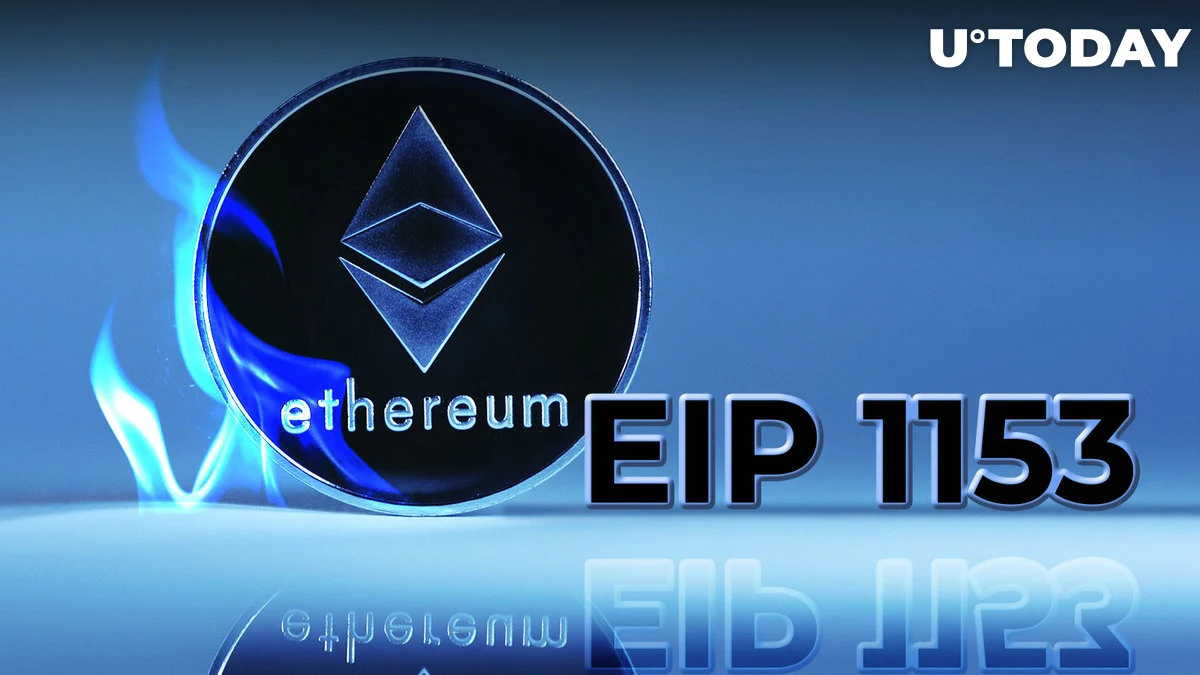
The data processing on the Ethereum (ETH) blockchain will alter as a result of Ethereum Improvement Proposal 1153. It will increase the gas efficiency of the second largest blockchain by providing a more sophisticated storage function.
Here’s how Ethereum (ETH) becomes more gas efficient with EIP-1153
According to the new thread, the highly anticipated Uniswap v4 will rely on EIP-1153 “Transient Storage Opcodes,” the most widely used DEX in the world. As a result, it will enable traders and liquidity providers to reduce petrol costs.
The upgrade is intended to alter how the blockchain publishes and deletes information about transactions between accounts. Smart contracts will now be able to take advantage of “transient storage,” an entirely new data method, in place of writing to storage and clearing it before the transaction is complete. The inclusion of a few additional opcodes will trigger its activation.
A less complicated and more affordable tool for data management is transient storage. Additionally, it opens up a few new use cases for dApps in the Ethereum (ETH) and EVM ecosystem.
For instance, all liquidity pools in Uniswap v4 will be stored in a single smart contract. As a result, liquidity logistics across different pools will be quicker and less expensive.
The system won’t move assets across pools; rather, it will only make net balance adjustments through cross-asset swaps.
EIP-1153 to be activated after Cancun upgrade
As previously reported by U.Today, “Transient Storage Opcodes” are one of the most eagerly awaited changes to the network architecture of Ethereum (ETH).
The Ethereum Cancun update, which makes significant changes to the way Ethereum (ETH) is designed, is scheduled to become live in the fourth quarter of 2023. A new “pay” opcode, improved memory efficiency, re-camp call instructions, and other features will be included in addition to EIP-1153.
Long-term Ethereum (ETH) ecosystem supporters predict that EIP-4844 will cause costs to decrease by a factor of 100.


















